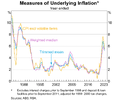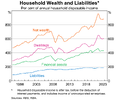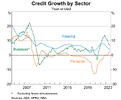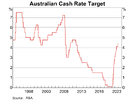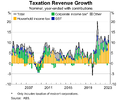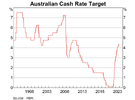- Joined
- 20 July 2021
- Posts
- 11,710
- Reactions
- 16,315
yes excessive greed is a contributing factor , and substance abuse/addictionsSorry, but that sounds like the typical socialist lack of understanding. Grouping all employers and businesses together, and saying that all workers have done their share.
There are many reasons for high inflation, some of it has to do with consumer FOMO, buying houses at ever increasing prices, going out to eat and paying whatever, going on holidays and out spending previous years, smoking, drinking, owning multiple vehicles, a pool, running an A/C for extended periods, a boat, and so on.
We all have choices.
the annoying part ( to me ) is the frugal are expected the rescue the extravagant ( regardless of their income bracket )



